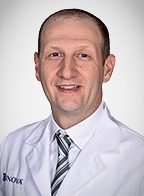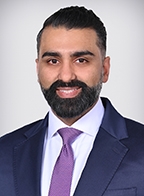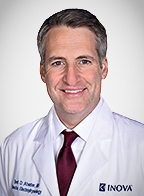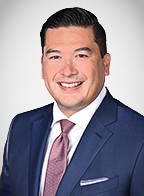A team of experts focused on specialized care
Inova's hypertrophic cardiomyopathy clinic uses a multidisciplinary approach to provide patients with cohesive, state-of-the-art care, delivered in a practical, easy-to-understand manner. The hypertrophic cardiomyopathy clinic offers comprehensive noninvasive testing to accurately diagnose and risk stratify patients with hypertrophic cardiomyopathy. The clinic offers the latest in medical, surgical and procedural treatment as well as several groundbreaking research studies for patients with hypertrophic cardiomyopathy and their families.
What is hypertrophic cardiomyopathy?
Hypertrophic cardiomyopathy is a hereditary medical condition that affects approximately one in 500 Americans. It causes increased heart wall thickness (hypertrophy), which can block blood from leaving the heart. The increased wall thickness can also result in higher rates of arrhythmias and the development of heart failure.
People with hypertrophic cardiomyopathy often present with nonspecific symptoms like shortness of breath, lightheadedness, dizziness, chest pressure, fainting on an inability to exercise. Since the underlying cause of hypertrophic cardiomyopathy is genetic, multiple family members can be affected.








